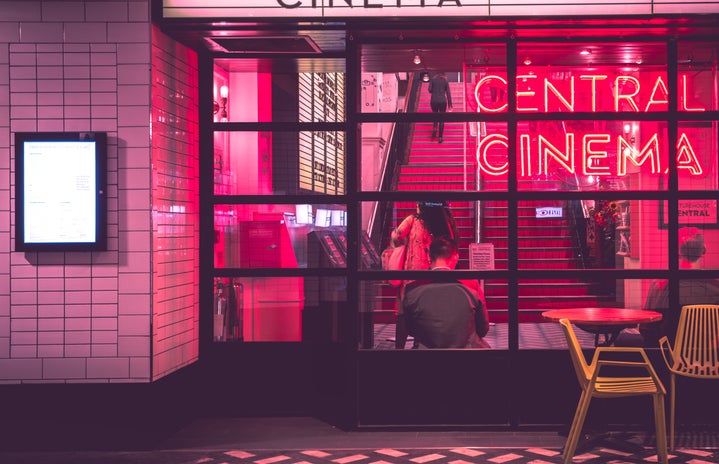After surveying the production crews of the top-grossing films of 2019, the Center for the Study of Women in Television and Film have concluded that only 12% of 2019’s top 100 films were directed by women. It’s a surprising statistic considering the momentum of the #MeToo and Time’s Up movements over the past few years, the well-deserved and newfound spotlight on Black Lives Matter and the supposedly growing initiatives toward increasing diversity and representation in the film and television industry. One would imagine that change would be much more recognizable. That, however, doesn’t seem to be the case.
But before getting too pessimistic about the white-washed and predominantly male locale of Hollywood, it’s important to remember that quite a bit of progress happens off the red carpets and outside the award shows. After a little bit of digging, it’s easy to find the backbreaking, behind-the-scenes work of dedicated filmmakers and production companies that are striving to diversify the narrative and network of films and filmmakers.
This brings me to Ava DuVernay: an unwavering and persistent force that’s out there, not only changing the game in Hollywood, but also changing the social and political landscape of contemporary society. She’s a bold and confident visionary, using her creative and artistic abilities to tackle the difficult and complex subjects that force dialogue and civil discourse.
As a director, she has an expansive and diverse body of work. She tells raw, heartwrenching stories that expose history and society’s truths ― from her historical drama, “Selma,” that documents the voting rights marches of the Civil Rights movement, to her documentary, “13th,” that demonstrates the economic and racial discrimination of the American prison system. Her most recent (summer of 2019) project, “When They See Us,” highlights the inconsistencies of the American criminal justice system, a cause that remains close to her heart. Her writing, direction and cast tell the heartbreaking story of the Exonerated 5, earning the miniseries 23 million views in its first month of release and 11 nominations at the 2019 Primetime Emmy Awards.
While working on “A Wrinkle in Time” in 2018, DuVernay became the first black woman to direct a feature film with a budget of over $100 million. She featured a diverse cast with powerhouses like Oprah Winfrey and Mindy Kaling, while also ensuring that 50% of her production crew was comprised of women, people of color and members of the LGBT+ community, which only scratches at the very surface of her work as a filmmaker.
DuVernay’s influence doesn’t stop at her own films. In 2010, she founded the production company, Array, which aims to amplify independent films made by women and people of color. In this mission, the company often promotes films that showcase the plights of minorities in the United States that most of us remain unaware of. Her support for diversity in filmmaking continues in her active sponsorship of the Evolve Entertainment Fund, a program that gives minorities from low-income communities funding toward pursuing internships in the entertainment industry.
What makes DuVernay a force to be reckoned with, however, is her gratitude and positivity. Her power comes from her willingness to acknowledge the support she has received from her allies in the industry and her dedication to maintaining those relationships. She makes it clear that her goal is not to expel white men from Hollywood, but rather to create an industry more inclusive, representative, responsible and welcoming of diversity. She realizes the importance of appreciation and kindness in creating unity. With it, she brings people together, solidifying her goals and messages of inclusion and equality for all.
She’s not angry. She remains patient, optimistic and grateful.
She’s passionate. And with that passion, she tells stories that force people to have those uncomfortable conversations that make them question themselves and the world around them.
We need artists like her.



